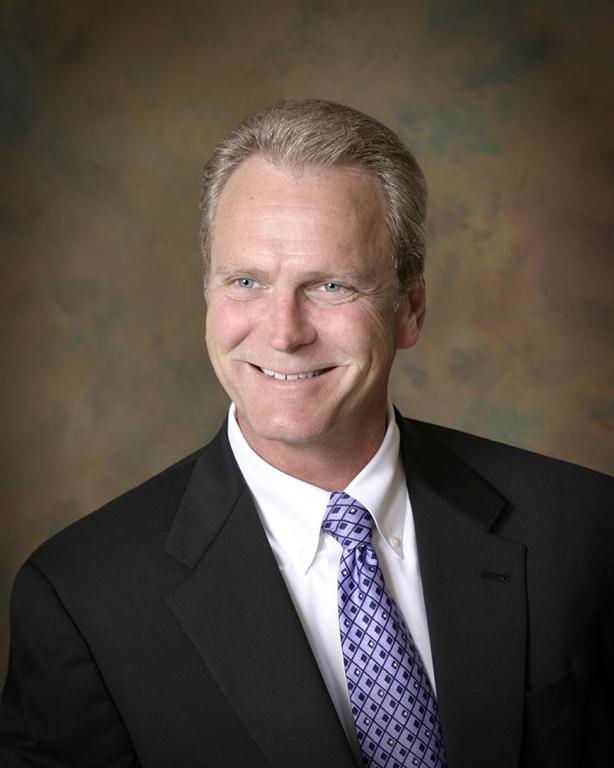Generally, healthcare providers should not speak with investigators without their legal counsel present. For the most part, they are not required to speak to law enforcement officers or investigators from regulatory agencies. Healthcare providers should advise any investigator that they will consult with an attorney and then decide whether to be interviewed.
Numerous problems arise when healthcare providers submit to impromptu interviews with investigators. Anything they say can be used against them in the investigation. Additionally, the interviews are almost never recorded. Although investigators may misinterpret healthcare providers’ statements or paraphrase providers’ statements incorrectly, those statements will still be used against the providers. Healthcare providers may also disclose unrelated information during the interview that could be the basis for a completely separate investigation. Finally, providing incorrect information to an investigator may result in criminal charges. It is a crime to lie to federal investigators and many states have similar laws that apply to state investigations. Consequently, healthcare providers should politely decline to be interviewed or provide statements to investigators without discussing the matter with their legal counsel.
There are some questions healthcare providers should ask when an investigator comes to visit. A few basic questions will help them consult with an attorney and decide whether to submit to an interview. Healthcare providers should ask for the name of the investigator, the name of the agency the investigator represents and the subject of the investigation. Unfortunately, it is often easier to list such questions than for most healthcare providers to actually ask them.
Providers should remember that investigators are carefully trained to get information. Frequently, investigators will tell healthcare providers that the investigation is routine. Investigators also often tell healthcare providers that it will look good if they cooperate with the investigation. Providers must remember that the investigator is not their friend and is not there to protect their interests. The investigator works for an agency, is the friend of the agency and is there to protect the interests of that agency.
Once an investigator leaves, healthcare providers should contact their attorney immediately. If they do not have an attorney, they should locate one immediately. The worst thing providers could do is ignore an investigation and assume it will go away. Investigations never just go away.
Sometimes investigators show up with subpoenas or other official documents. Healthcare providers that receive documents from an investigator should not discuss the matter or the documents with the investigator. They should accept the documents from the investigator and then immediately contact their attorney. The only response healthcare providers should provide to the investigator is that they will contact their attorney.
Sometimes the investigators show up en-mass with guns and a search warrant. At that point there is little healthcare providers can do. They should watch the investigators, but should not provide any statements to the investigator. Healthcare providers are not required to submit to an interview or provide a statement even when the investigator has a search warrant. Providers should request a receipt for anything the investigators seize pursuant to the search warrant.
In the worst case scenario, the investigator will advise healthcare providers of their right to remain silent. Any healthcare providers that are being advised by an investigator that they have the right to remain silent should remain silent. When an investigator advises an individual that he has a right to remain silent, that individual is the subject of a criminal investigation. Healthcare providers that are advised of their right to remain silent should heed the warning and remain silent.
The number and scope of healthcare investigations will only increase in the foreseeable future. Healthcare providers should politely refuse the request for an impromptu interview by an investigator and immediately seek legal counsel.
Michael L. Smith, R.R.T., J.D., is board certified in health law by The Florida Bar and practices at The Health Law Firm in Altamonte Springs, Fla. This article is for general information only and is not a substitute for formal legal advice.
